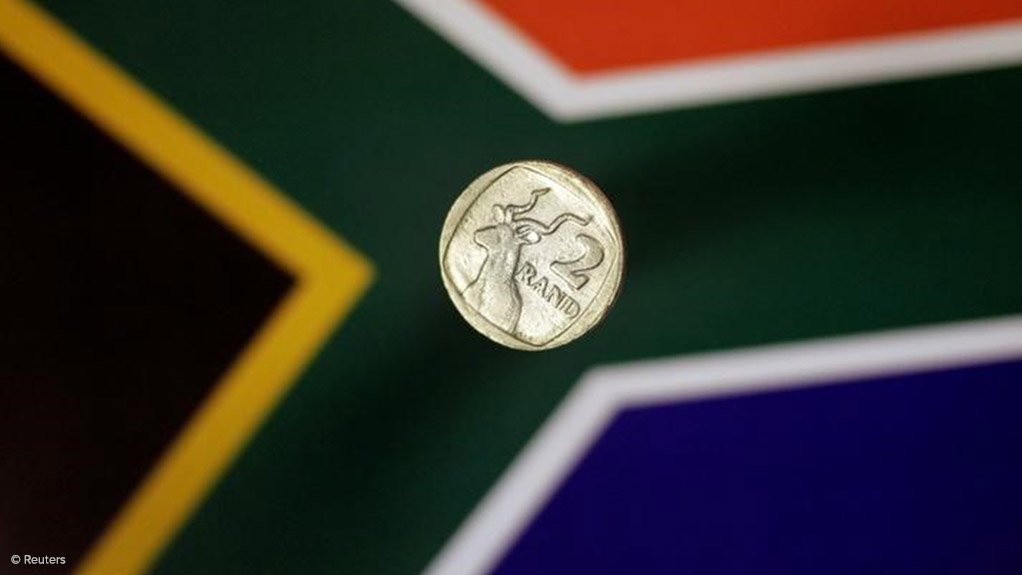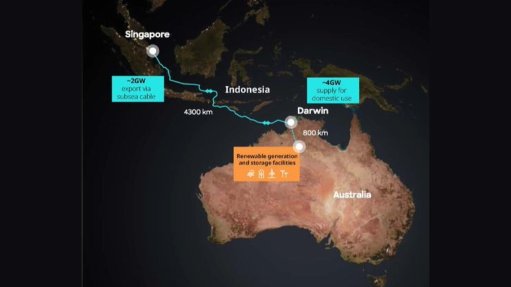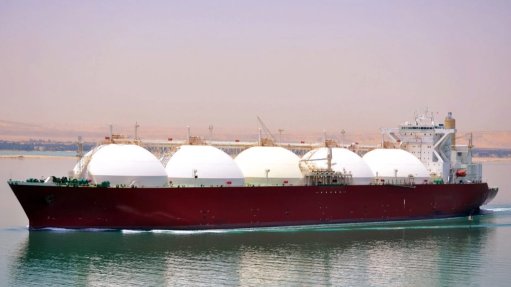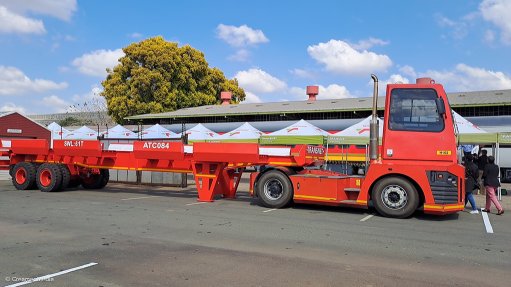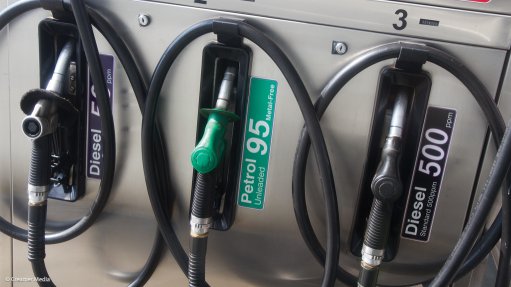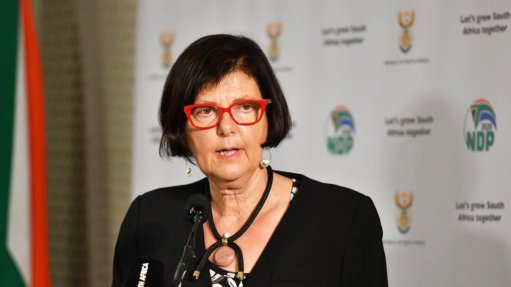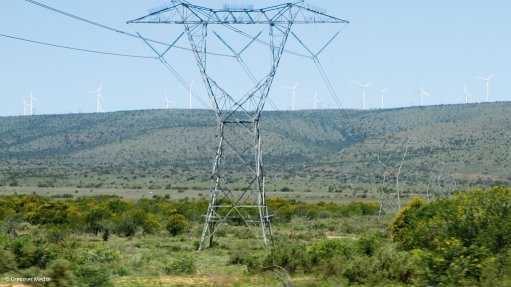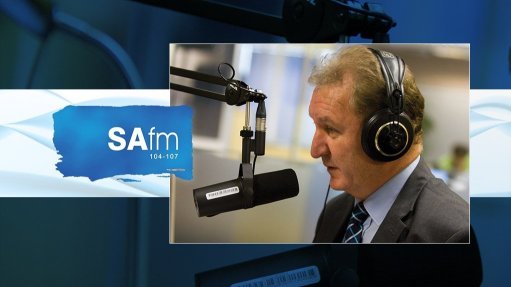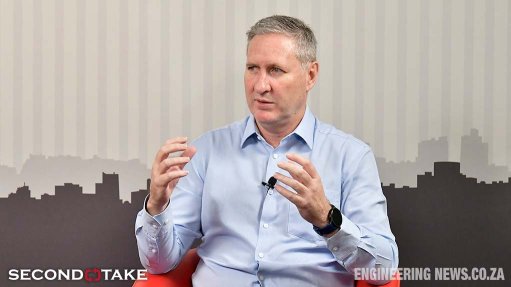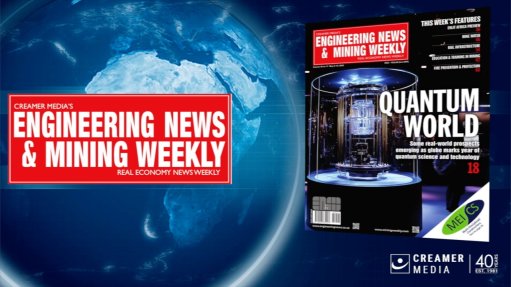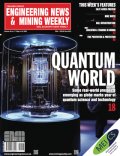South Africa growth at risk without infrastructure fix, S&P says
South Africa will need to urgently address crippling infrastructure bottlenecks or risk derailing a budding economic recovery, according to S&P Global Market Intelligence.
These challenges have left Africa’s most industrialised economy struggling to sustain growth for the last decade.
Thea Fourie, Director for Sub-Saharan Africa Economics and Risk at S&P Global, warned that without urgent action, the country risks falling further behind.
“Addressing infrastructure bottlenecks in energy, ports, rail, and water is crucial for overcoming institutional weakness and driving growth,” said Fourie at a Bloomberg event Tuesday.
While the May elections brought a flicker of hope, providing a “window of opportunity,” success in making reforms sustainable would hinge on political stability and a focus on implementing genuine change.
The inefficiency with logistics and electricity remain significant constraints on growth according to S&P Global Ratings, which projects South Africa’s economy to grow by 1.1% in 2024 and an average of 1.3% over 2025-2027, from 0.6% in 2023. On a per capita basis, real growth will be about zero this year.
The rating company assesses the country’s foreign currency rating at “BB-/B” and local currency rating at “BB/B” with a stable outlook.
Critical reforms such as the Electricity Regulation Amendment Bill, which aims to reduce obstacles to the production and sale of electricity, could be pivotal in resolving the energy crisis that has plagued the nation. Similarly, the push to increase private sector participation in developing major ports like Durban and Richards Bay signals a positive shift toward unlocking economic potential, said Fourie.
She said the sustainability of the government of national unity, which had been met with much investor optimism, was a key risk, since there was the chance of “policy paralysis” as parties struggle to find common ground on important issues.
The African National Congress formed the government of national unity after a May 29 election cost it its parliamentary majority, leading to the party’s coalition with business-friendly parties including the Democratic Alliance, which has historically held divergent views.
Comments
Press Office
Announcements
What's On
Subscribe to improve your user experience...
Option 1 (equivalent of R125 a month):
Receive a weekly copy of Creamer Media's Engineering News & Mining Weekly magazine
(print copy for those in South Africa and e-magazine for those outside of South Africa)
Receive daily email newsletters
Access to full search results
Access archive of magazine back copies
Access to Projects in Progress
Access to ONE Research Report of your choice in PDF format
Option 2 (equivalent of R375 a month):
All benefits from Option 1
PLUS
Access to Creamer Media's Research Channel Africa for ALL Research Reports, in PDF format, on various industrial and mining sectors
including Electricity; Water; Energy Transition; Hydrogen; Roads, Rail and Ports; Coal; Gold; Platinum; Battery Metals; etc.
Already a subscriber?
Forgotten your password?
Receive weekly copy of Creamer Media's Engineering News & Mining Weekly magazine (print copy for those in South Africa and e-magazine for those outside of South Africa)
➕
Recieve daily email newsletters
➕
Access to full search results
➕
Access archive of magazine back copies
➕
Access to Projects in Progress
➕
Access to ONE Research Report of your choice in PDF format
RESEARCH CHANNEL AFRICA
R4500 (equivalent of R375 a month)
SUBSCRIBEAll benefits from Option 1
➕
Access to Creamer Media's Research Channel Africa for ALL Research Reports on various industrial and mining sectors, in PDF format, including on:
Electricity
➕
Water
➕
Energy Transition
➕
Hydrogen
➕
Roads, Rail and Ports
➕
Coal
➕
Gold
➕
Platinum
➕
Battery Metals
➕
etc.
Receive all benefits from Option 1 or Option 2 delivered to numerous people at your company
➕
Multiple User names and Passwords for simultaneous log-ins
➕
Intranet integration access to all in your organisation



